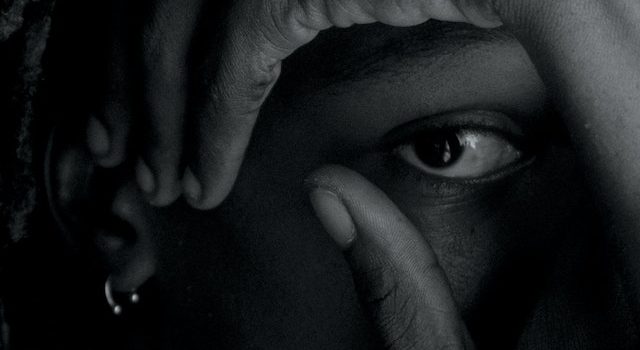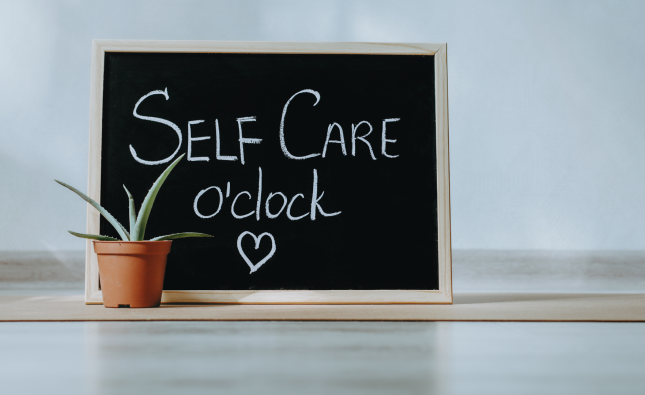
Introduction:
Getting a good night’s sleep is essential for overall health and well-being. Not only does it impact our energy levels and mood, but it also plays a significant role in the health and appearance of our skin. In this article, we will explore how lack of sleep can affect your skin and contribute to the development of dark circles. Understanding these effects can motivate you to prioritize quality sleep and adopt healthy habits for glowing, rejuvenated skin.
1. Increased inflammation:
Lack of sleep can trigger an inflammatory response in the body, leading to various skin issues. Inflammation can exacerbate conditions like acne, eczema, and psoriasis, making existing skin problems worse. It can also contribute to redness, irritation, and a dull complexion.
2. Impaired skin barrier function:
During sleep, our skin undergoes a process of repair and regeneration. Without adequate rest, this process is disrupted, leading to a compromised skin barrier. A weakened skin barrier can result in increased water loss, dryness, and sensitivity. It also makes the skin more susceptible to environmental aggressors, such as pollution and UV radiation.
3. Accelerated aging:
Sleep deprivation can accelerate the aging process, leading to the appearance of fine lines, wrinkles, and sagging skin. During deep sleep, the body produces growth hormone, which aids in the repair and regeneration of skin cells. Without enough sleep, the production of this hormone decreases, hindering the skin’s ability to rejuvenate and maintain its youthful appearance.
4. Dark circles and under-eye puffiness:
One of the most visible signs of sleep deprivation is the development of dark circles and under-eye puffiness. Lack of sleep causes blood vessels under the thin skin around the eyes to dilate, resulting in a bluish tint. Fluid retention can also occur, leading to puffiness and a tired, worn-out appearance.
5. Increased stress hormone levels:
Sleep deprivation triggers an increase in stress hormone levels, particularly cortisol. Elevated cortisol levels can disrupt collagen production, leading to a loss of skin elasticity and firmness. It can also impair the skin’s ability to retain moisture, resulting in dryness and a lackluster complexion.
Conclusion:
The impact of sleep on our skin should not be underestimated. Lack of sleep can lead to increased inflammation, impaired skin barrier function, accelerated aging, and the development of dark circles and under-eye puffiness. To maintain healthy, radiant skin, it is crucial to prioritize quality sleep and establish a consistent sleep routine. Aim for 7-9 hours of uninterrupted sleep each night, practice good sleep hygiene, and consider relaxation techniques to promote a restful night’s sleep. By taking care of your sleep, you can support your skin’s natural rejuvenation process and achieve a vibrant, youthful complexion.










